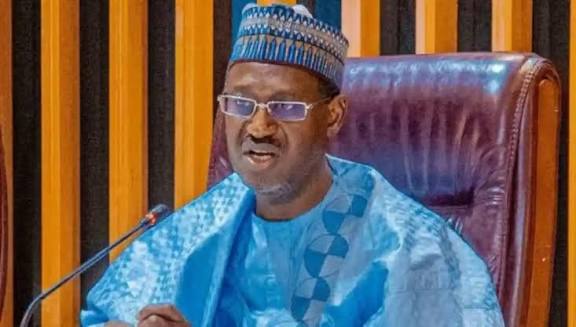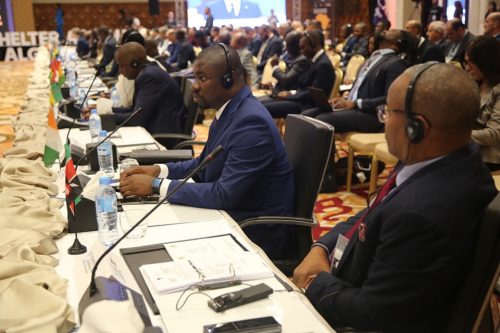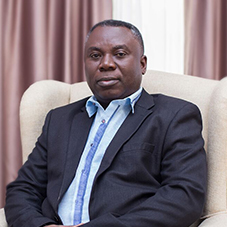Nigeria is preparing a sweeping reform of its land administration system as the Federal Government pushes to unlock an estimated $300bn in dead capital trapped in undocumented and poorly titled land assets across the country. The Minister of Housing and Urban Development, Architect Ahmed Dangiwa, announced the plan in Kano at the opening of the 30th Conference of Directors of Lands from federal and state MDAs, describing the move as a shift from years of policy discussions to concrete action that will support national development and stimulate growth across all sectors of the economy.
The minister said the new approach will strengthen housing delivery, agriculture, urban renewal and investment inflows, adding that land administration remains central to the economic goals of the current administration. He noted that the Nigeria Land Titling, Registration and Documentation Program, known as Land4Growth, has been developed with the collaboration of state governments and the World Bank to modernize land governance nationwide and ensure that more citizens have access to secure documentation and formal ownership.
Dangiwa described Nigeria’s current reality, where less than five percent of land is formally registered, as unacceptable, explaining that the situation continues to limit citizens’ access to collateral, credit and secure property rights. He said the country’s poor standing on the World Bank’s property registration index reflects outdated procedures, excessive bureaucracy and inconsistent regulations that make it difficult for businesses and individuals to participate fully in the formal economy.
The minister highlighted progress already recorded in states that have embraced digital reforms, pointing to platforms such as AGIS in the FCT, KADGIS in Kaduna, KANGIS in Kano, EDOGIS in Edo and NAGIS in Nasarawa. According to him, these systems have boosted revenue, increased efficiency and restored public confidence, demonstrating what is possible when land registries become transparent, technology-driven and accessible to citizens.
Dangiwa said Land4Growth is built on key pillars aimed at simplifying procedures across the country, expanding systematic titling, digitising registries, strengthening legal frameworks and unlocking new land-based financing opportunities for states and citizens. He explained that even partial documentation of Nigeria’s unregistered land could lead to significant increases in internally generated revenue for states while also opening new credit channels for farmers, homeowners, MSMEs and investors in real estate, manufacturing and infrastructure.
He encouraged state governments to position themselves appropriately within the new framework, noting that current assessments place states in three broad categories: front-runners, emerging reformers and states yet to fully embrace the reforms. He expressed optimism that by the 2025 edition of the conference, every state should be able to present measurable progress reports showing how land titling has contributed to improvements in GDP and revenue generation.
Kano State Commissioner for Land and Physical Planning, Mr Abduljabar Umar, said the state has already recorded major gains under its reform drive, which is aimed at restoring order, protecting public land and modernising service delivery. He recalled that before 2023, land administration in Kano faced challenges ranging from disorganized records to illegal layouts, double allocations and weak GIS infrastructure, all of which eroded public trust.
He described the ongoing reforms as part of what the state calls The Kano Experience, pointing to progress in institutional restructuring, digitisation, capacity building and legal adjustments. He added that the state has successfully dismantled long-standing networks of land speculators who had influenced documentation processes for years, clearing the way for a more transparent and citizen-focused system.










